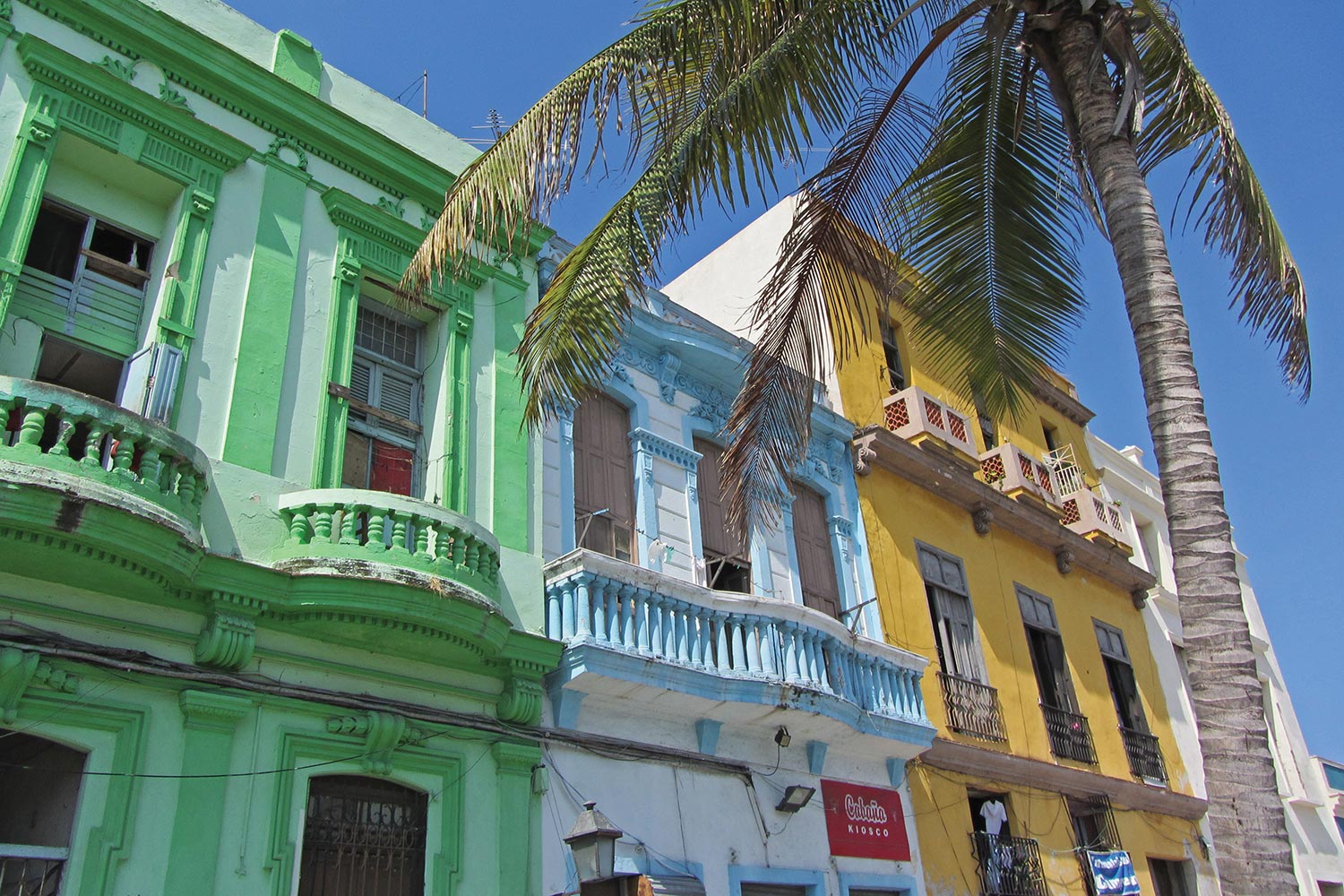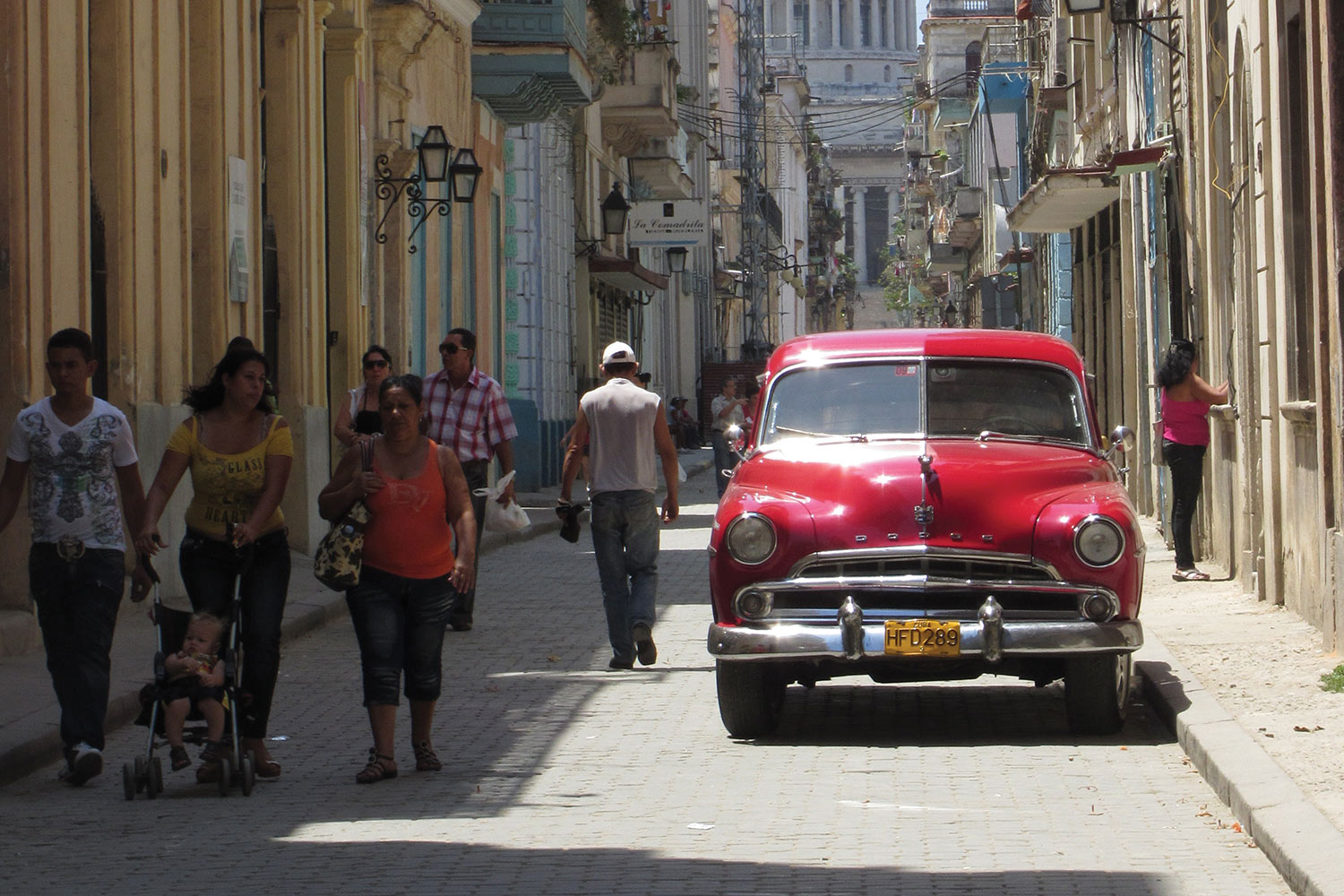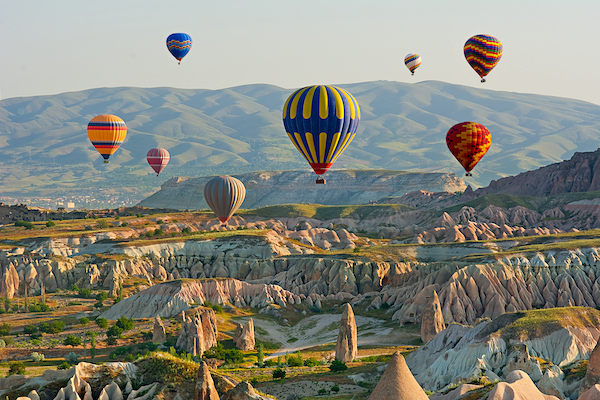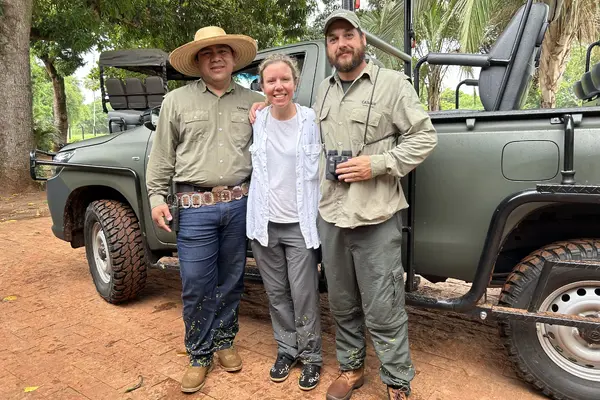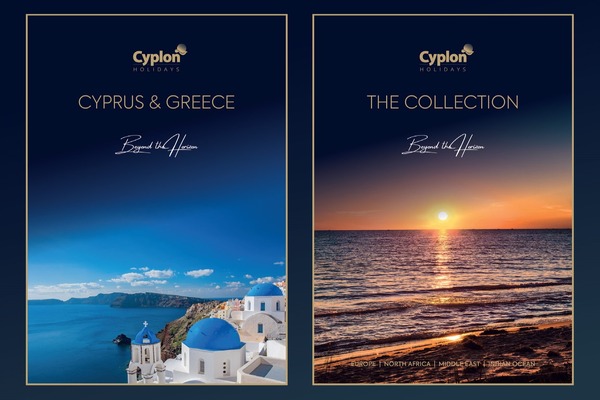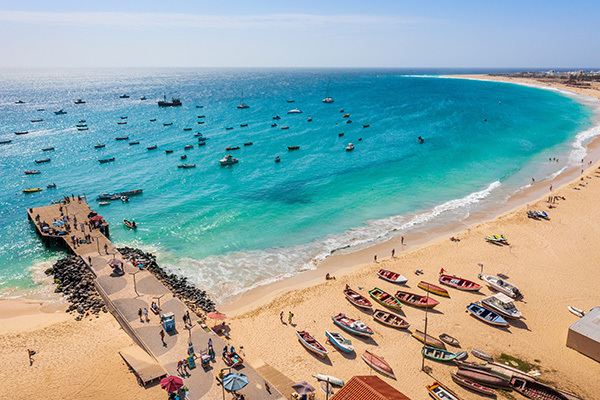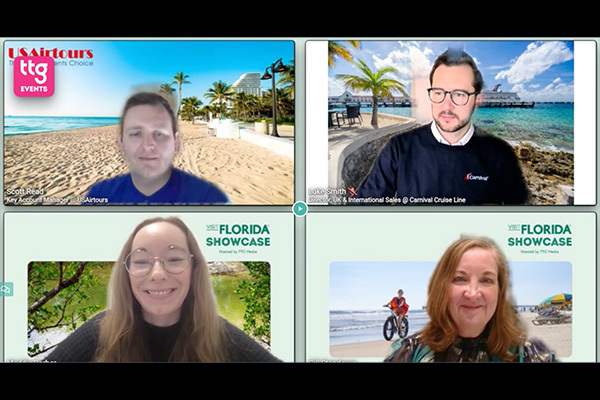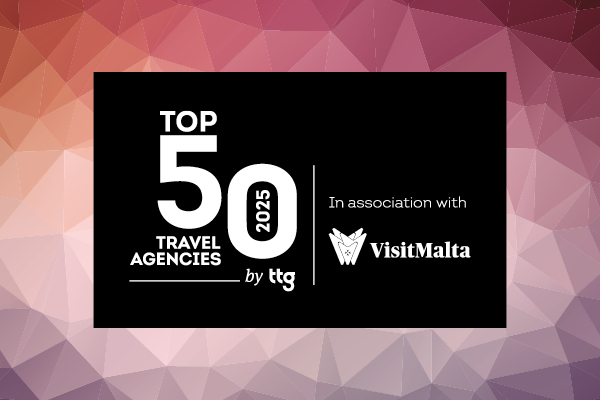How to get the most out of Cuba - and give something back too
 TTG Staff
TTG StaffMake sure your clients know how to make the most of a trip to Cuba. Responsibletravel.com managing director Justin Francis continues our tips series for destinations around the world.
Few places have the romanticism of Cuba - a nostalgic world of classic cars, crumbling cities and Caribbean beaches all untouched by commercialisation.
However, a holiday here is complicated - clients who come with preconceived ideas on socialism will leave more confused than ever, and those with an open mind will find there’s a lot more to it than simply seeing Cuba before creeping capitalism takes hold. Done right, a holiday here holds enormous rewards for your clients and for locals too.
Here are some of the issues to consider before booking your clients, and advice to share with them before they travel.
1. Make yourself at home
Cuba’s system of casas particulares, or homestays, are a unique way to connect with local culture, while also providing support to local people.
If clients are worried that a homestay means they are obligated to socialise with their hosts then reassure them that they will have their own room and can participate in family life as much or as little as they want. However, the more effort they put in, the more they will get out of their experience in Cuba. Learning some Spanish before departure will be helpful.
2. Give back
Cubans have little access to manufactured goods, no matter how much or little they earn. Trade embargos have isolated the country and clients should expect to see empty shops.
Speak with your ground agents and guides to find out what goods are needed and encourage your clients to bring these out with them. Medicines, pens, pencils, school supplies, kitchenware, guitar strings - the list is endless.
And suggest that clients don’t leave all gifts in Havana - this is where stock will arrive if it comes. The other provinces are much poorer, tourist jobs scarcer and the need for donated goods much higher.
3. Tipping time
Cuba’s complicated dual currency system has led to astronomically skewed wealth. Tourists will use CUCs (Cuban Convertible Pesos), equivalent in value to US dollars, while locals are paid in CUPs (Cuban Pesos), worth just four cents.
Your clients should not be surprised to find highly qualified doctors, engineers and architects working in unskilled tourism jobs in order to earn many times their state salary ($15-$25 per month). Encourage your clients to tip in valuable CUCs - a 10 CUC tip can be worth two weeks’ salary.
4. Foodie facts
If your clients are after Cordon Bleu cuisine then Cuba will disappoint. State rations and self-imposed self-sufficiency means Cuban food can be somewhat uninspiring, so suggest clients bring spices with them to liven things up (and to leave with host families). Small, privately owned restaurants, paladares, tend to be best, with La Guarida in Havana a good option.
5. Bring your own
Advise clients to pack an adequate supply of necessary medicines, feminine hygiene products and similar items to last their stay as these are very hard to find in Cuba. They might also consider packing a spare set of clothes in their hand luggage; buying temporary replacements for lost luggage can be difficult.
6. Avoiding hassle
Warn clients about hassle from Havana’s jineteros. Scams can be hard to spot and range from being asked to “buy” formula milk for a baby in a local shop to being shown the way to a bar, casa particular or restaurant.
If police are around, jineteros are usually deterred, and if not, advise clients that a polite “no” should suffice - there’s never a need to be aggressive. And remember, Cubans are generally friendly and clients will find lots of people interested in talking with them, without any thought of a cent in return.
7. Political discussions
Cubans love to discuss politics, and share stories of their day-to-day lives in a communist state. However, clients should be aware that there can be a “Big Brother” atmosphere on the streets and local people may not be happy to express their views in public - let them bring up the subject first, and be aware people may be more comfortable sharing in their own homes.
8. Don’t underestimate Cuba’s nature
It’s well known for its culture but tell your clients not to underestimate Cuba’s nature and national parks. More than 19% of its land is now protected, and two of its nine Unesco World Heritage Sites are natural, offering nature-lovers access to endemic birds and orchids, spectacular diving and dramatic hikes without the crowds that are found in more well-known nature destinations.
Here are more tips for responsible tourism in Cuba
Sign up for weekday travel news and analysis straight to your inbox

TTG Staff
Supplier Directory
Find contacts for 260+ travel suppliers. Type name, company or destination.
